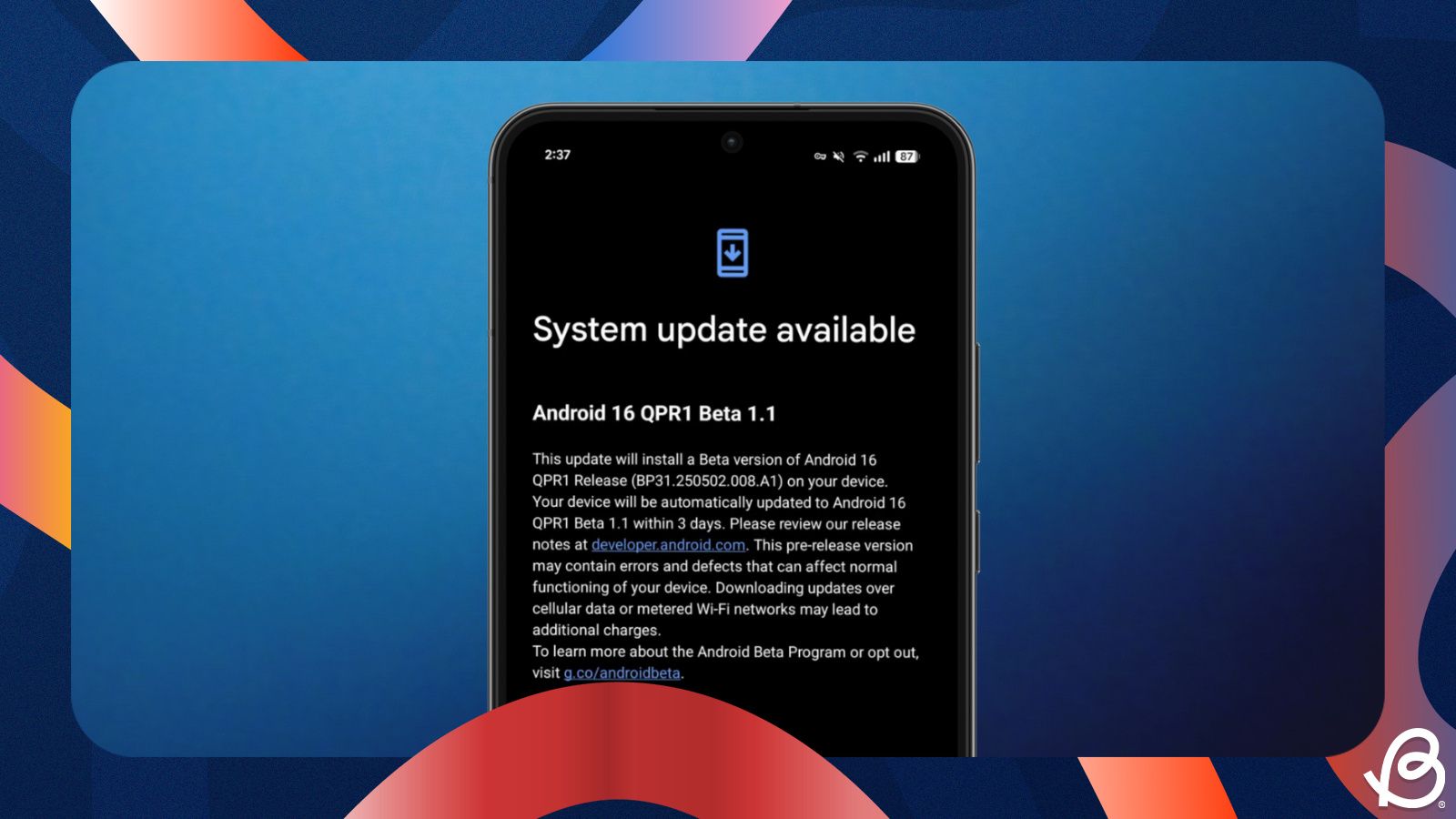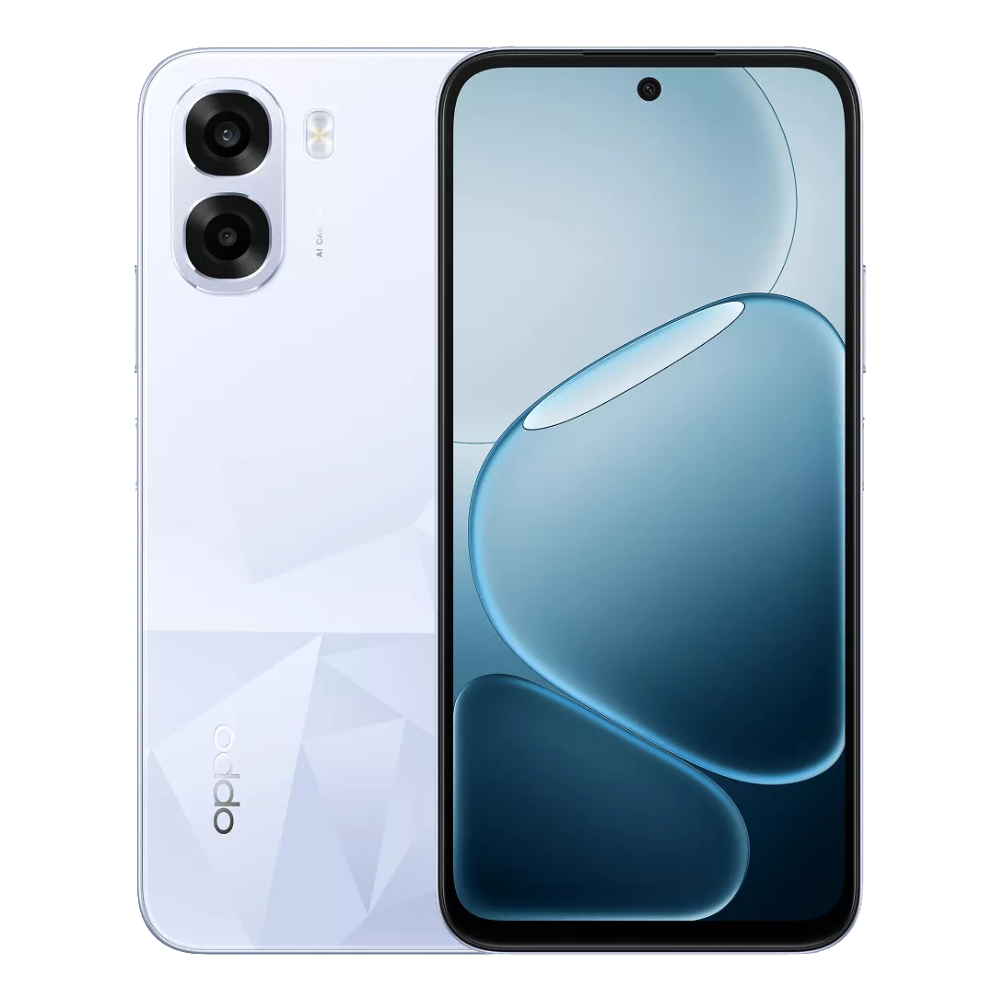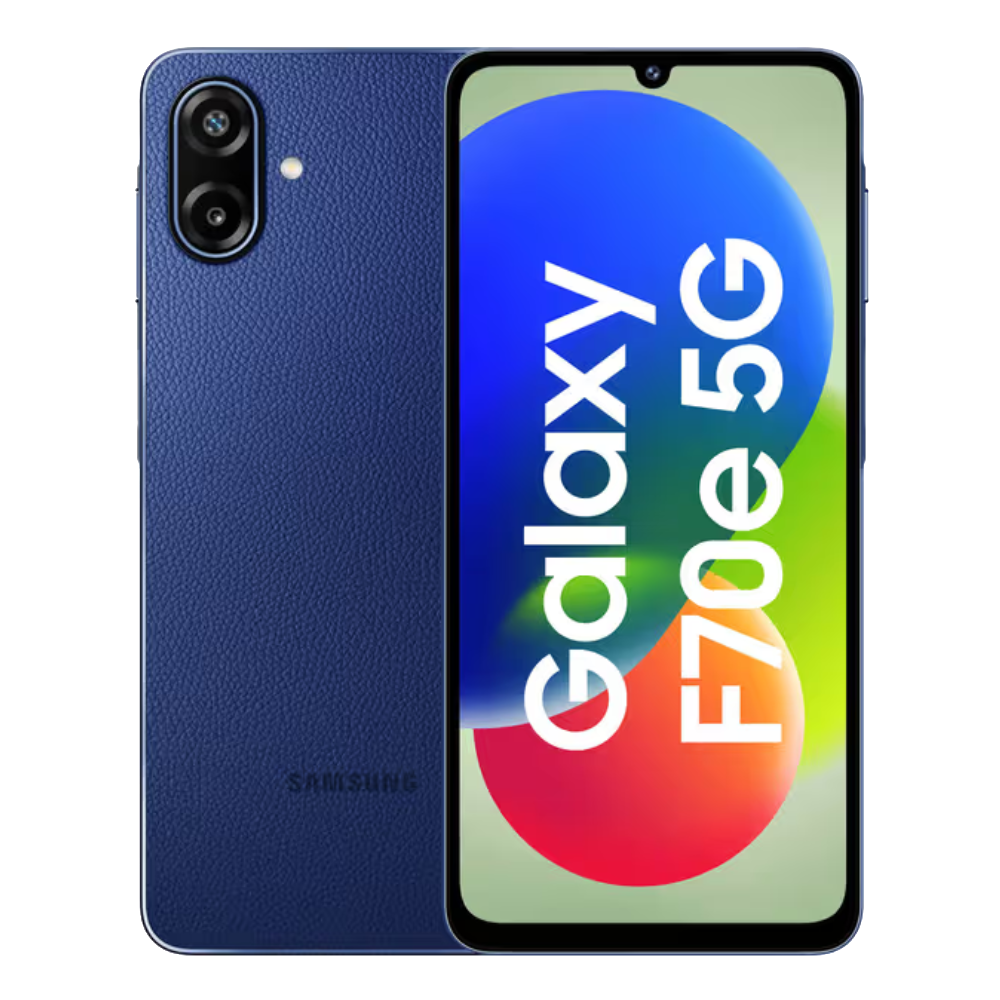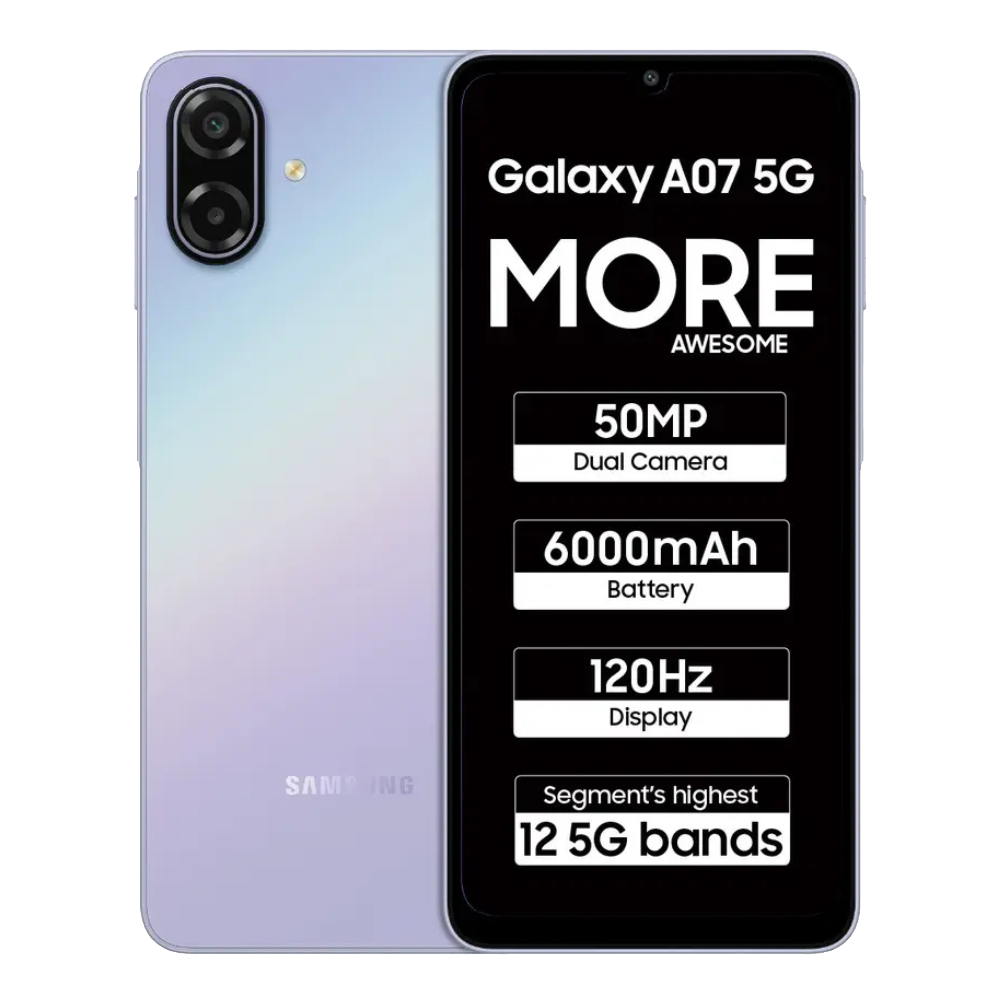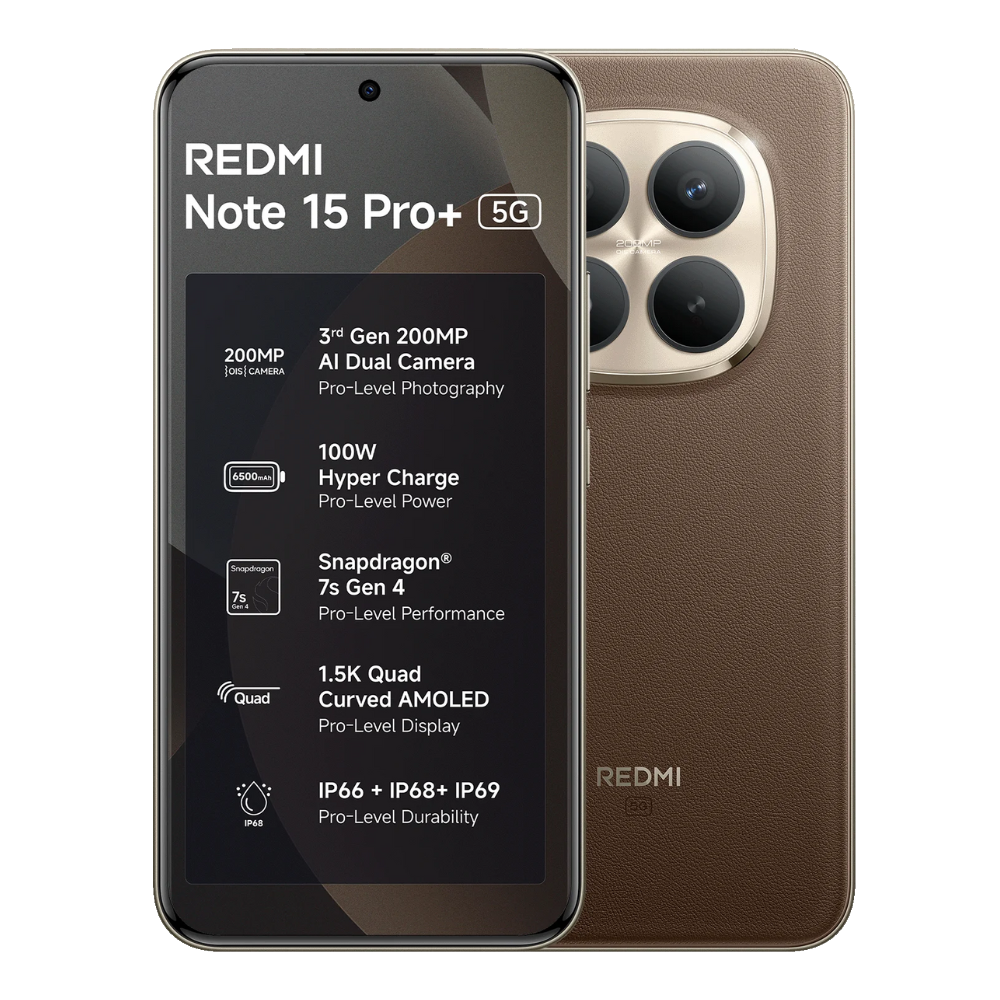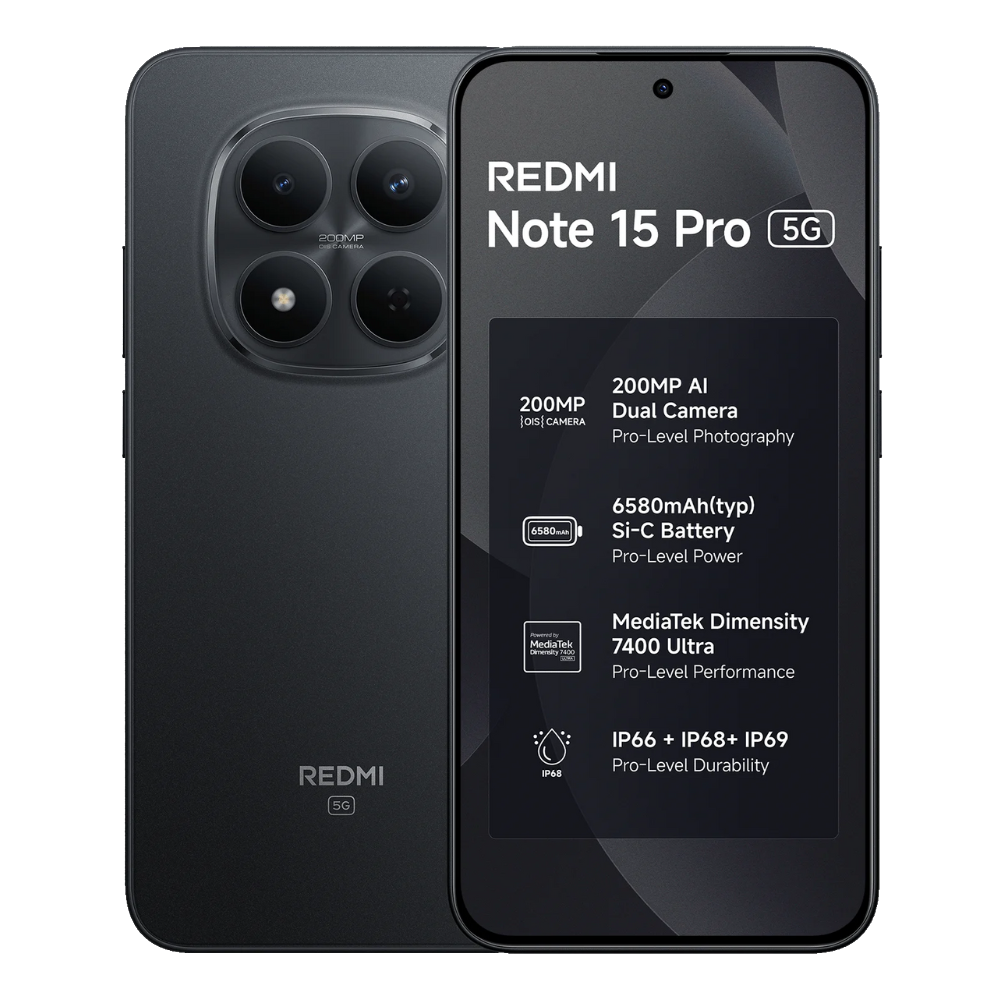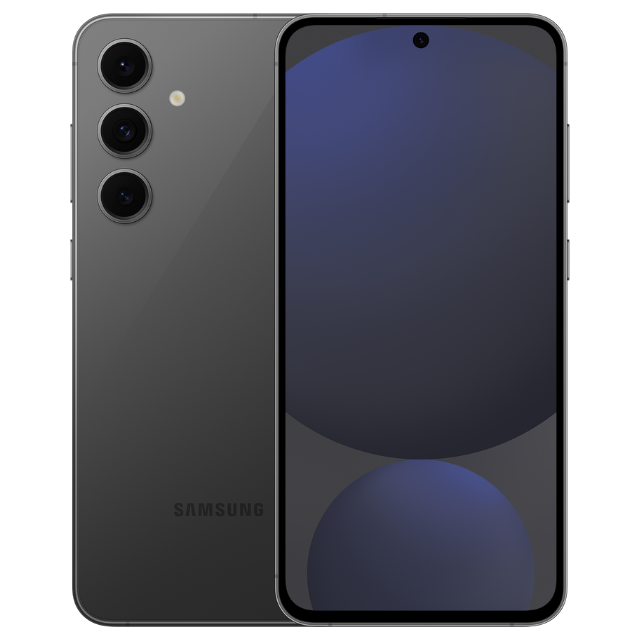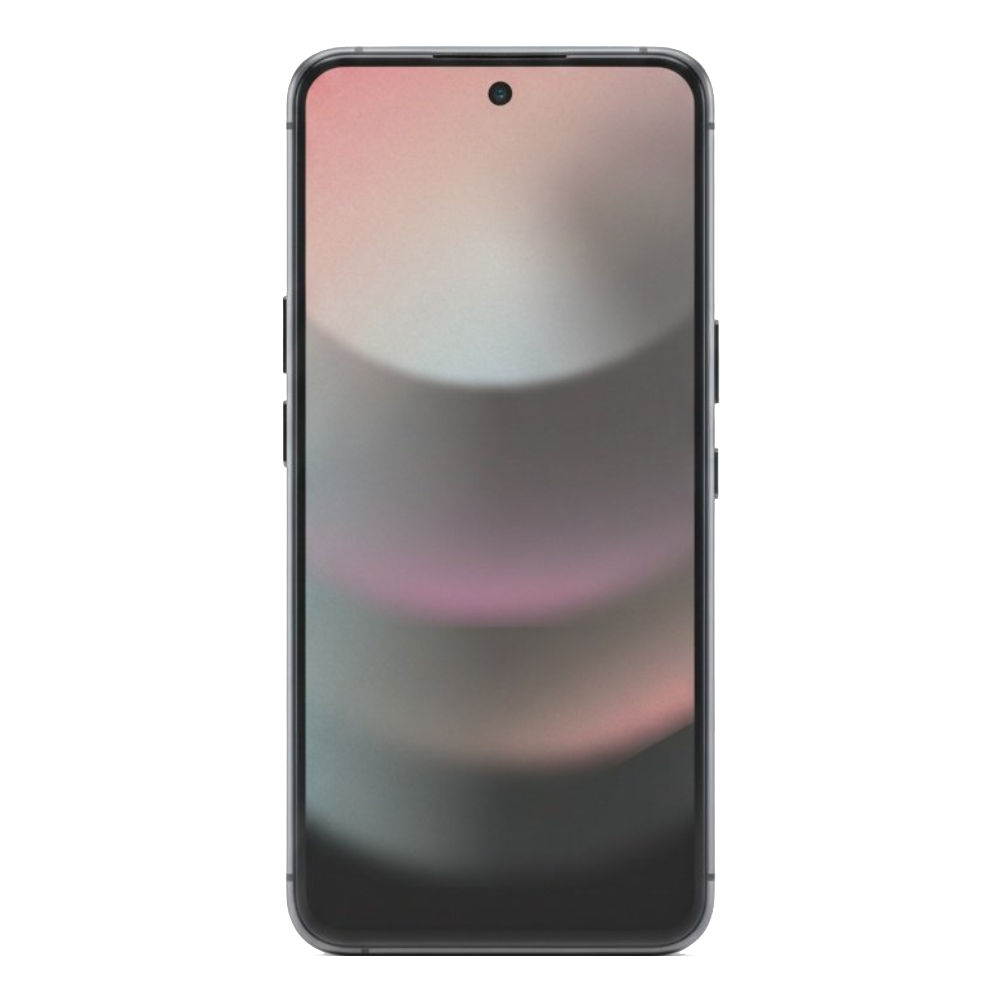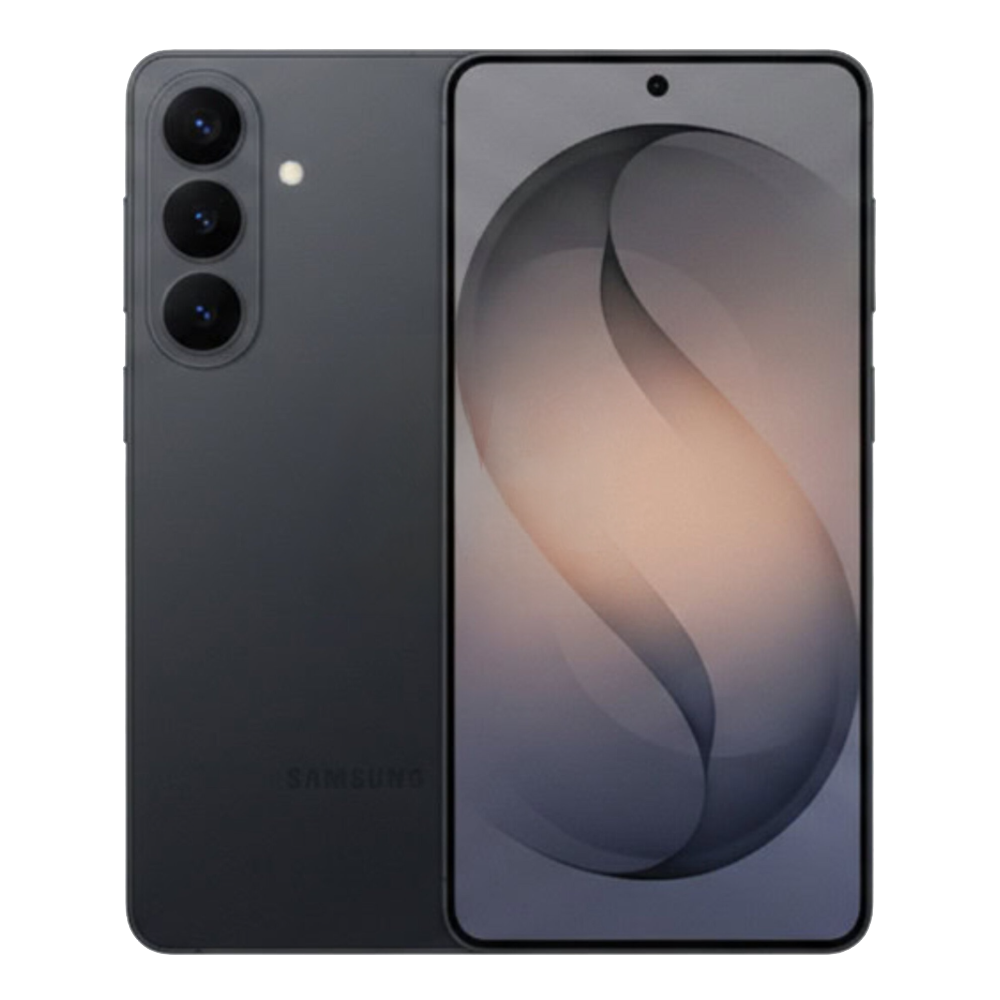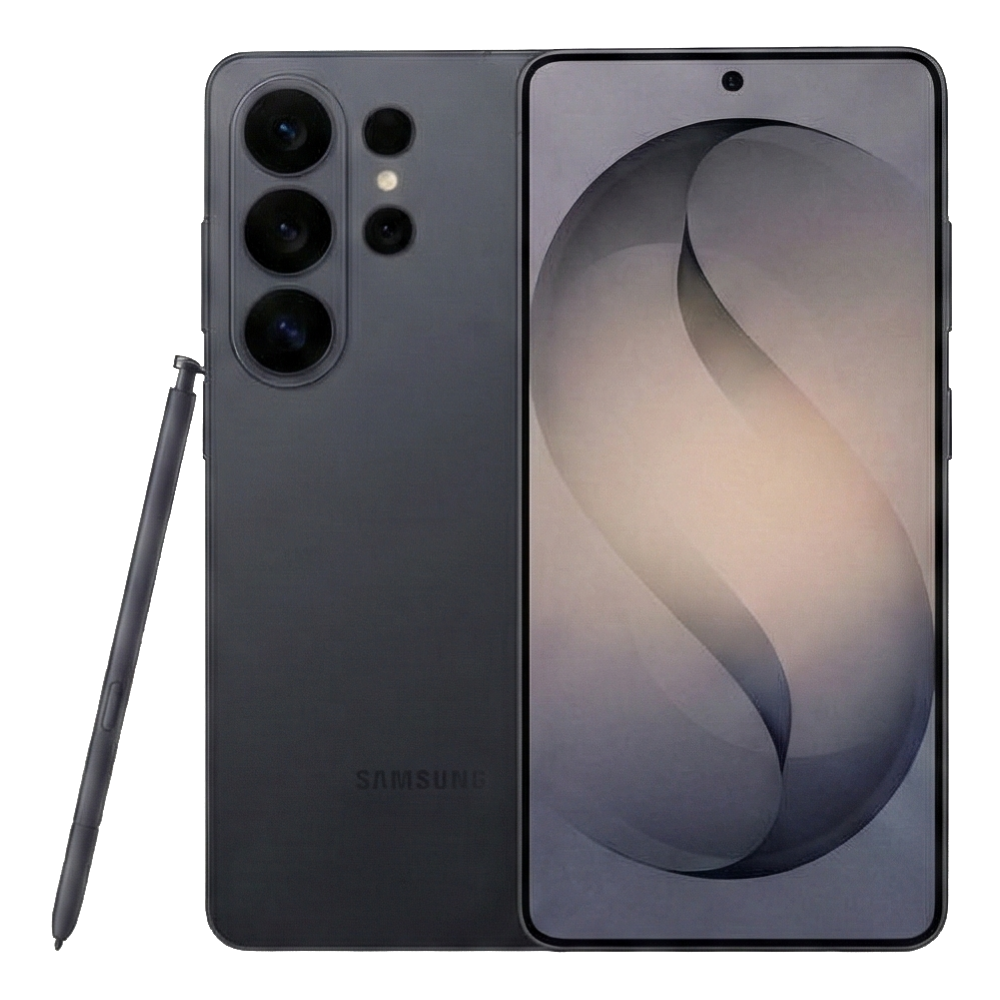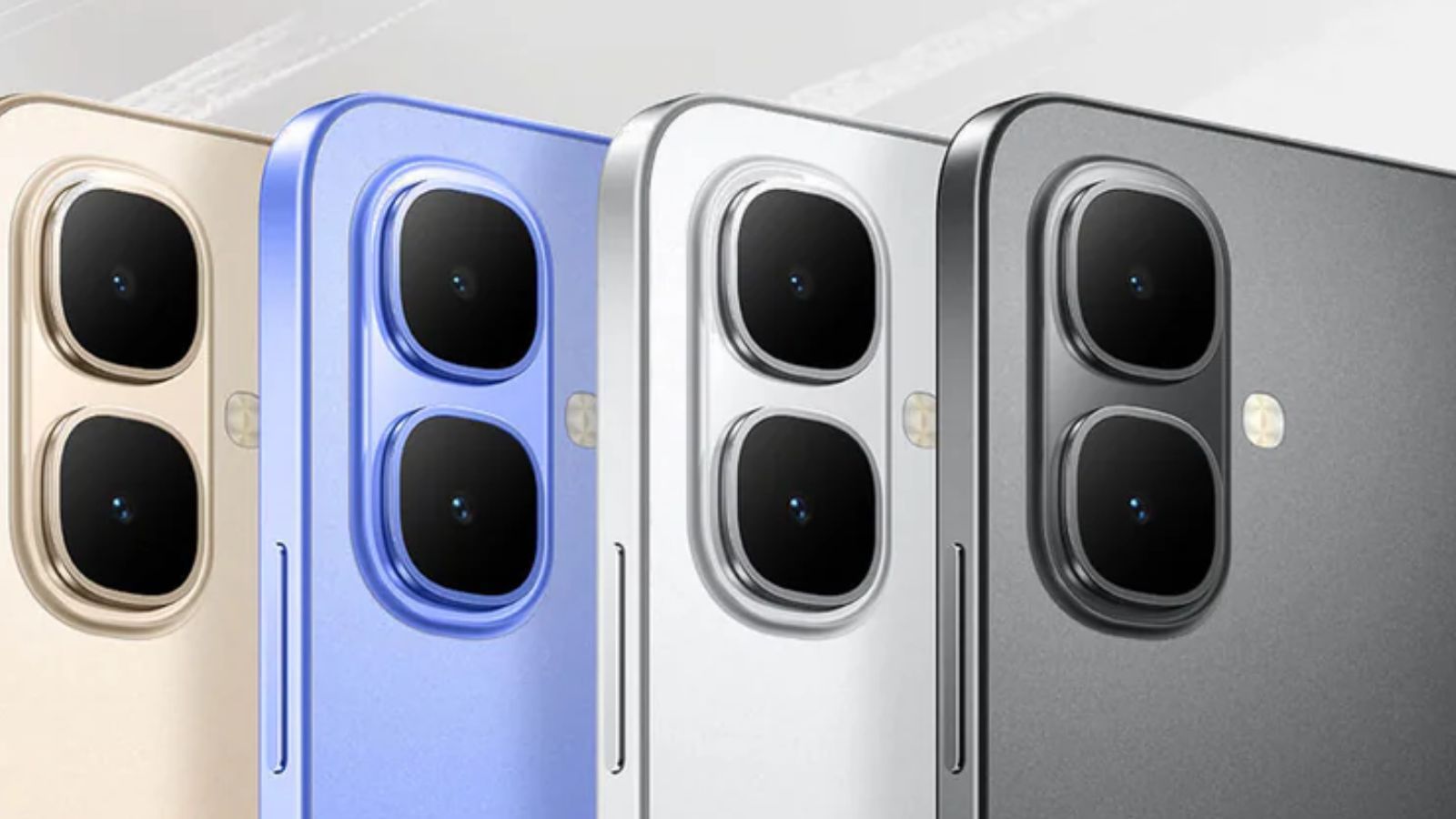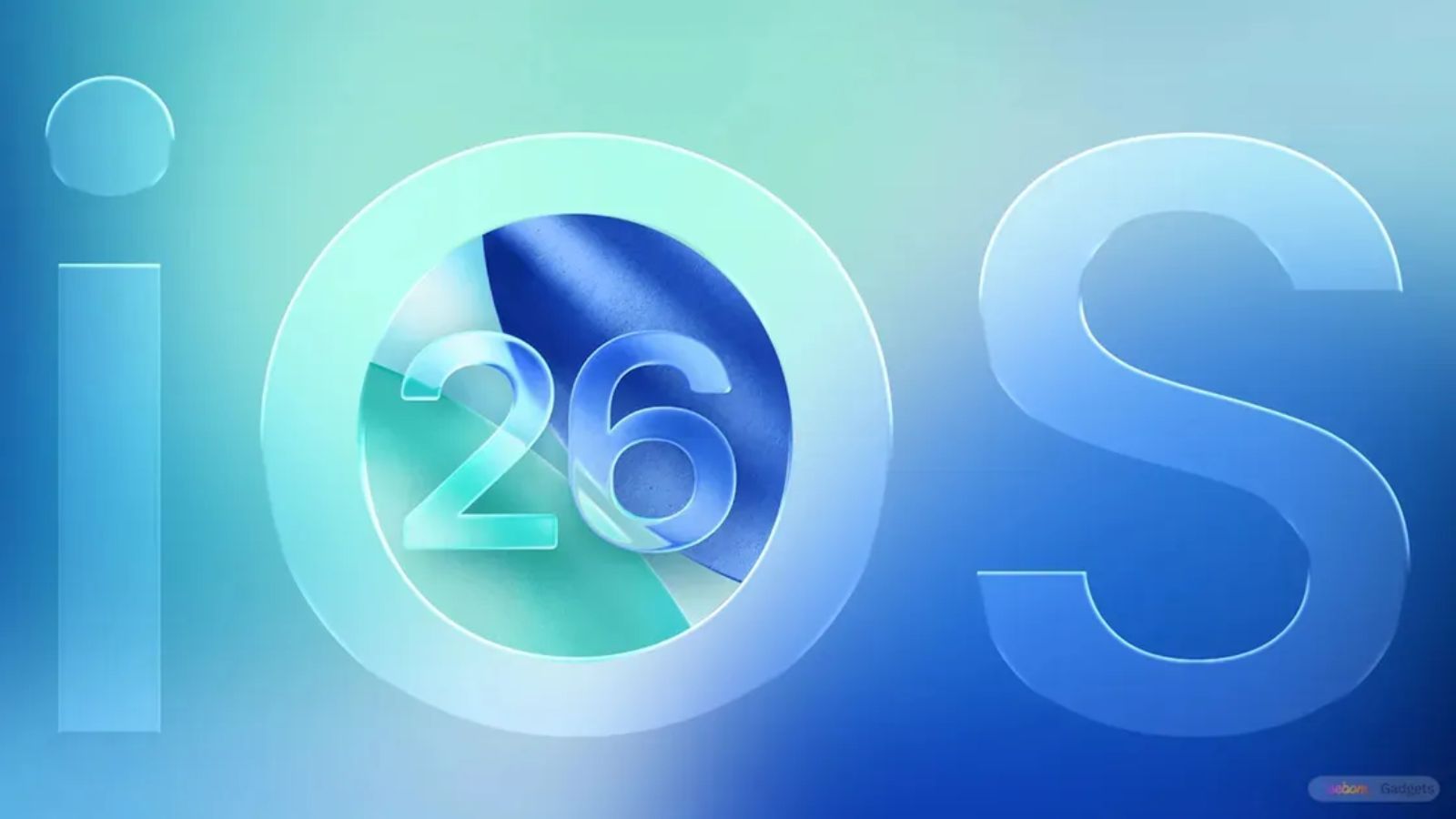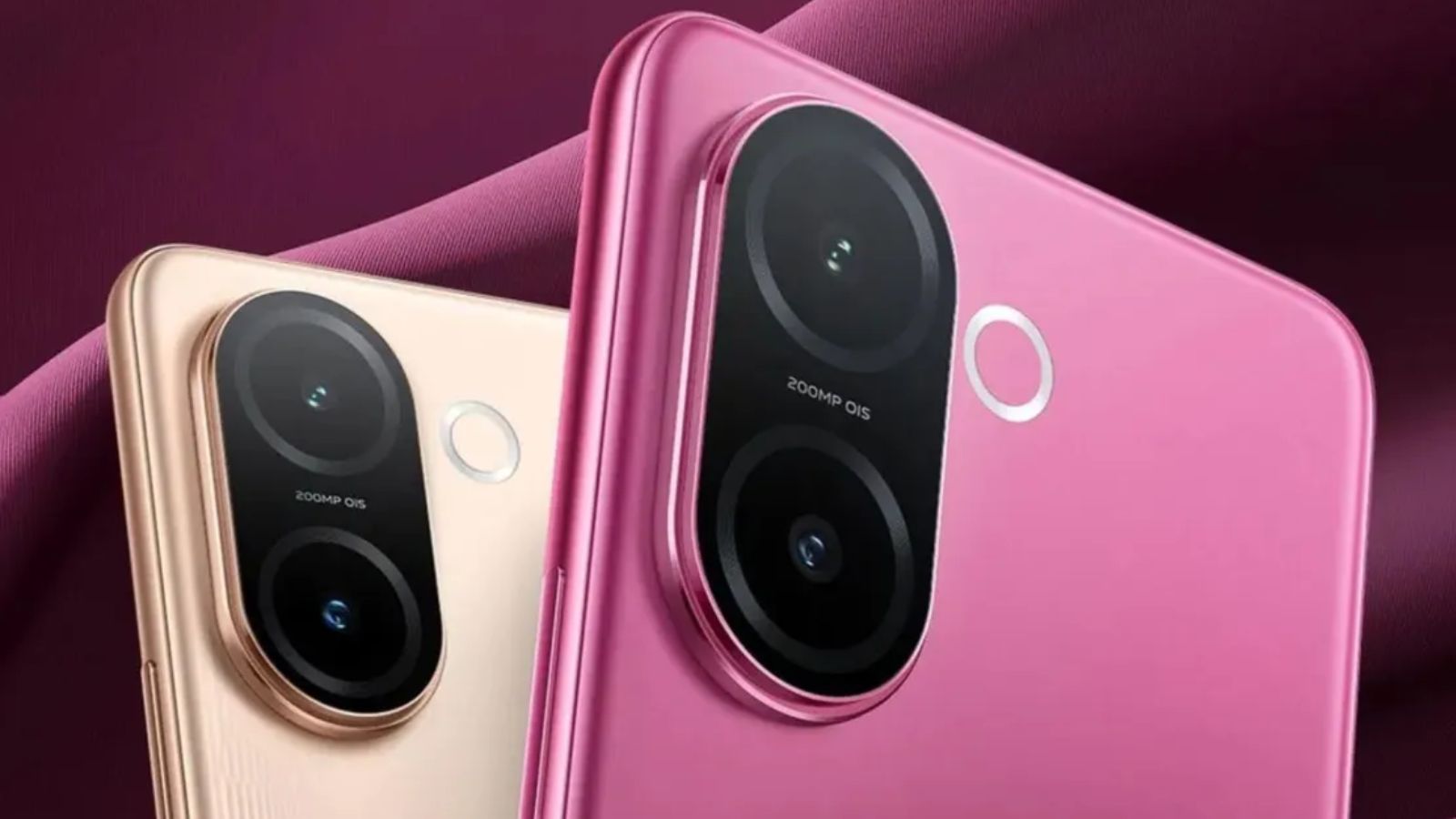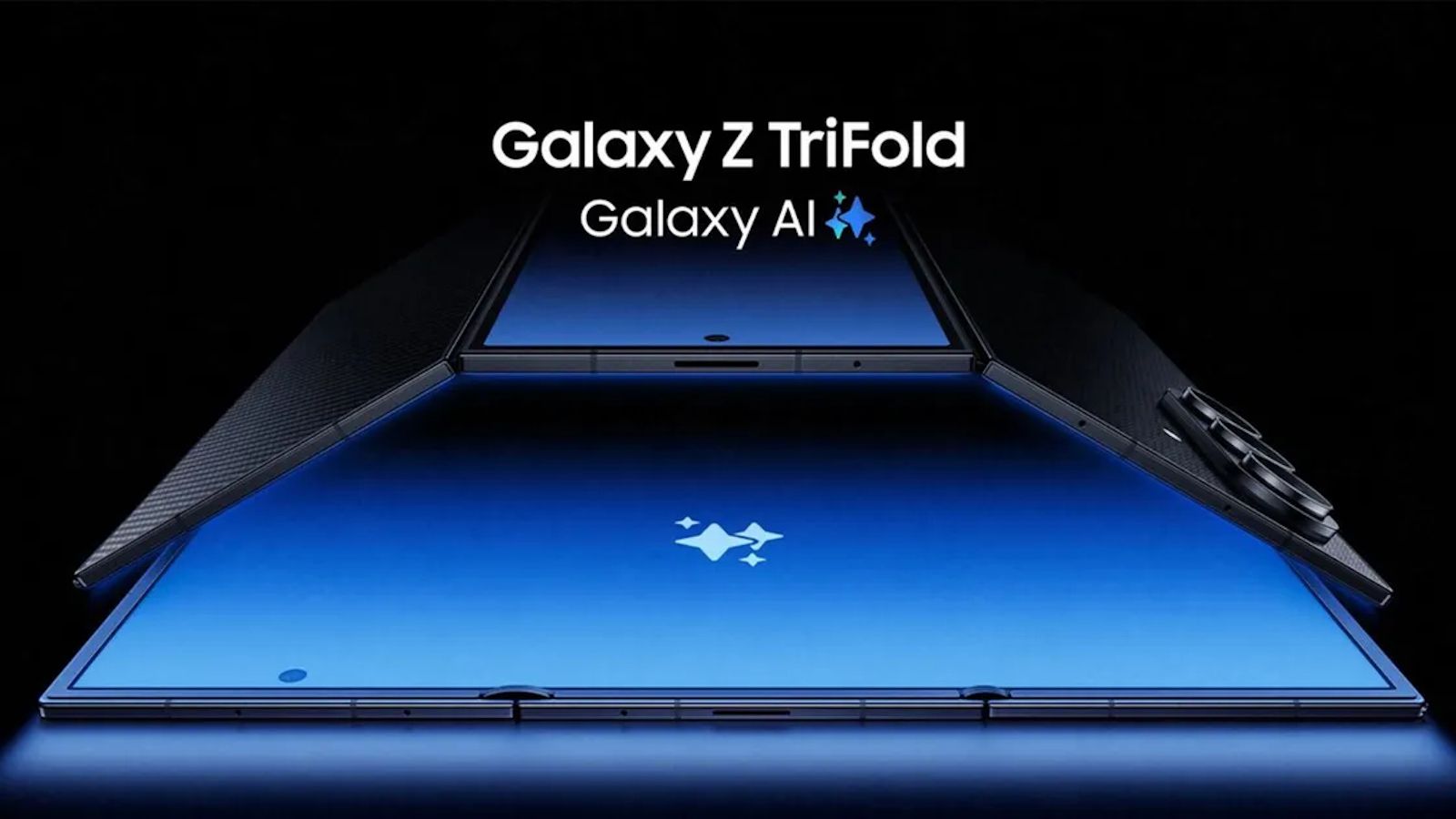Google's latest Pixel 10 series is powered by the new Tensor G5 chipset. Google has finally moved away from Samsung and tapped TSMC to manufacture its SoC. But, how much of a performance jump does this deliver over last year's chipset? To find out, we put the Tensor G5 and Tensor G4 through a series of benchmarks including AnTuTu, Geekbench, CPU Throttling Test, and more. Now, let's go ahead and check out the benchmark comparison.
Tensor G5 vs Tensor G4: AnTuTu Score
| AnTuTu Benchmark | Tensor G5 | Tensor G4 |
| AnTuTu Score | 1,291,252 | 1,069,935 |
| CPU | 457,073 | 196,635 |
| GPU | 382,578 | 457,703 |
| Memory | 242,613 | 205,592 |
| UX | 208,988 | 210,005 |
First of all, we ran the AnTuTu benchmark on the Pixel 10 Pro which is powered by the new Tensor G5 chipset. In the AnTuTu benchmark, the Tensor G5 scored 1,291,252 points while the Tensor G4 achieved 1,069,935 points. In terms of overall score, the Tensor G5 is over 20% faster than the Tensor G4.
If we look closely at the CPU score, the TSMC-manufactured Tensor G5 posted 2.3x higher score than the Tensor G4, which is incredible. However, in the GPU department, the last-gen Arm Mali-G715 GPU inside the Tensor G4 performed 20% better than the new DXT-48-1536 GPU inside the Tensor G5. It means that while the CPU performance has seen an upgrade, it appears the new GPU from Imagination Technologies is slightly underwhelming.
Tensor G5 vs Tensor G4: Geekbench CPU Score
| Geekbench 6 CPU | Tensor G5 | Tensor G4 |
| Single-core | 2,285 | 1,929 |
| Multi-core | 6,191 | 4,586 |
Next, in the Geekbench 6 CPU test, the Tensor G5 scored 2,285 in single-core and 6,191 in multi-core. On the other hand, last year's Tensor G4 on the Pixel 9 Pro XL achieved 1,929 in single-core and 4,586 in multi-core. In tandem, the Tensor G5 delivered 18% better single-core performance and about 35% faster multi-core performance, which is in line with Google's claim.
Tensor G5 vs Tensor G4: CPU Throttling Test
| CPU Throttling Test | Tensor G5 | Tensor G4 |
| Maximum Score | 408,383 GIPS | 334,056 GIPS |
| Average Score | 289,135 GIPS | 229,830 GIPS |
| Minimum Score | 239,312 GIPS | 177,717 GIPS |
| Throttling Percentage (Higher is better) | 61% | 55% |
Finally, in the 15-min CPU Throttling Test, the Tensor G5 did relatively better than the Tensor G4. Both chipsets maintained peak CPU performance for a little over two minutes, but just after that, both throttled the frequency to reduce heat.
However, after about eight minutes, the Tensor G5 tried to recover its performance, but quickly dropped again. Overall, the TSMC-manufactured Tensor G5 is slightly better than the Samsung-made Tensor G4 when it comes to sustained heavy CPU workloads.
Tensor G5 vs Tensor G4: Benchmark Gallery
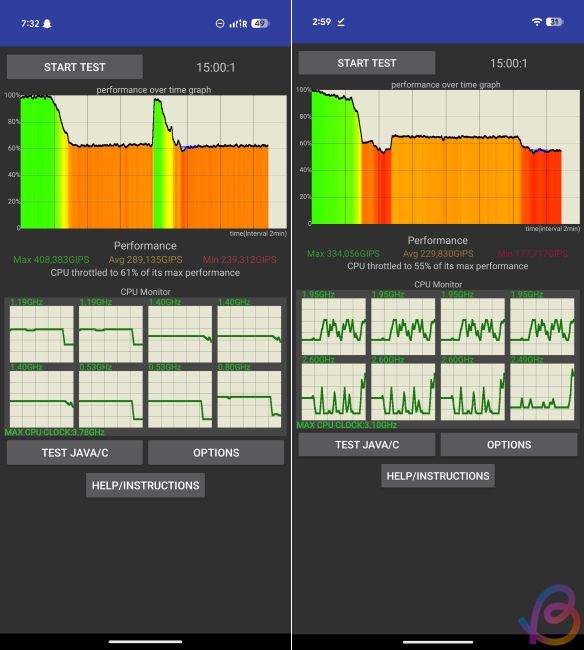
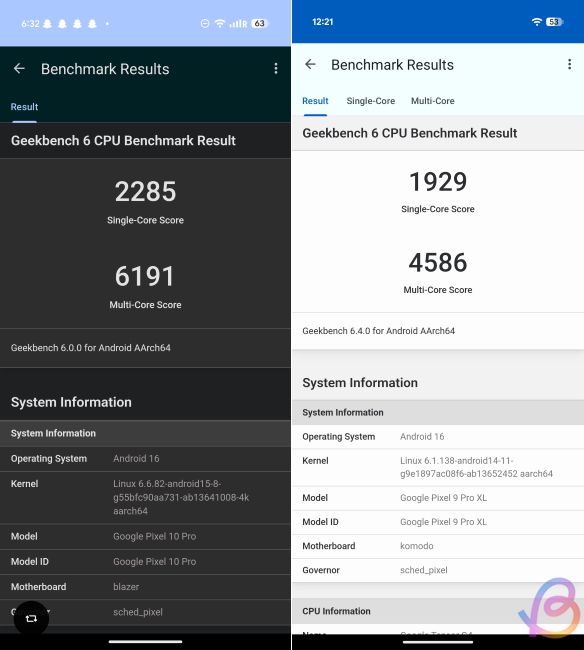
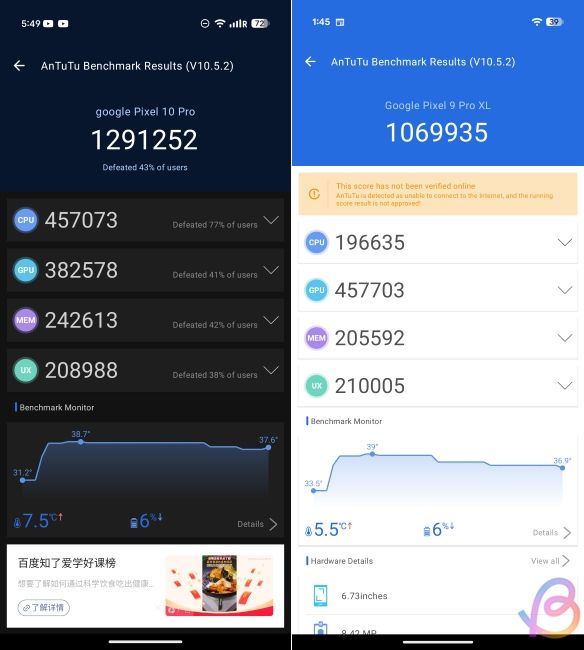
Tensor G5 vs Tensor G4: Specs Comparison
| Specs | Tensor G5 | Tensor G4 |
| Process Node | TSMC’s 3nm (N3E) | Samsung's 4nm |
| CPU | 8-core Arm Cortex CPU | 8-core Arm Cortex CPU |
| CPU Cores | 1x Cortex-X4 (3.78GHz), 5x Cortex-A725 (3.05GHz), 2x Cortex-A520 (2.25GHz) | 1x Cortex-X4 (3.10GHz), 3x Cortex-A720 (2.60GHz), 4x Cortex-A520 (1.95GHz) |
| GPU | Imagination Technologies DXT-48-1536 GPU, No Ray Tracing | Arm Mali-G715 MC7 GPU, Up to 940MHz, No Ray Tracing |
| Storage and Memory | Zoned UFS 4.0 (512GB and above) and LPDDR5X | UFS 3.1 and LPDDR5X |
| NPU/TPU | New Google Edge TPU | Google Custom TPU |
| Modem | Samsung Exynos 5400 5G modem, Sub-6GHz 5G band support (India) | Samsung Exynos 5400 5G modem, Sub-6GHz 5G band support (India) |
| Connectivity | Wi-Fi 6E, Wi-Fi 7, and Bluetooth 6.0 | Wi-Fi 7, Bluetooth 5.3 |
Verdict
Thanks to TSMC's advanced process node, the Tensor G5 brings notable performance gains in the CPU department over the Tensor G4. The Pixel 10 Pro, powered by the Tensor G5 chipset, feels snappy and smooth in daily use. It also fixes most of the heating and throttling issues that plagued earlier Tensor chips.
Note that since 3DMark refused to run on our Pixel 10 Pro unit, we have not been able to fully assess Tensor G5's GPU performance. All that said, at this premium price, you expect a flagship chip that not only beats last year’s Tensor G4, but also competes with the best from Qualcomm and MediaTek. That's where the Tensor G5 falls short.


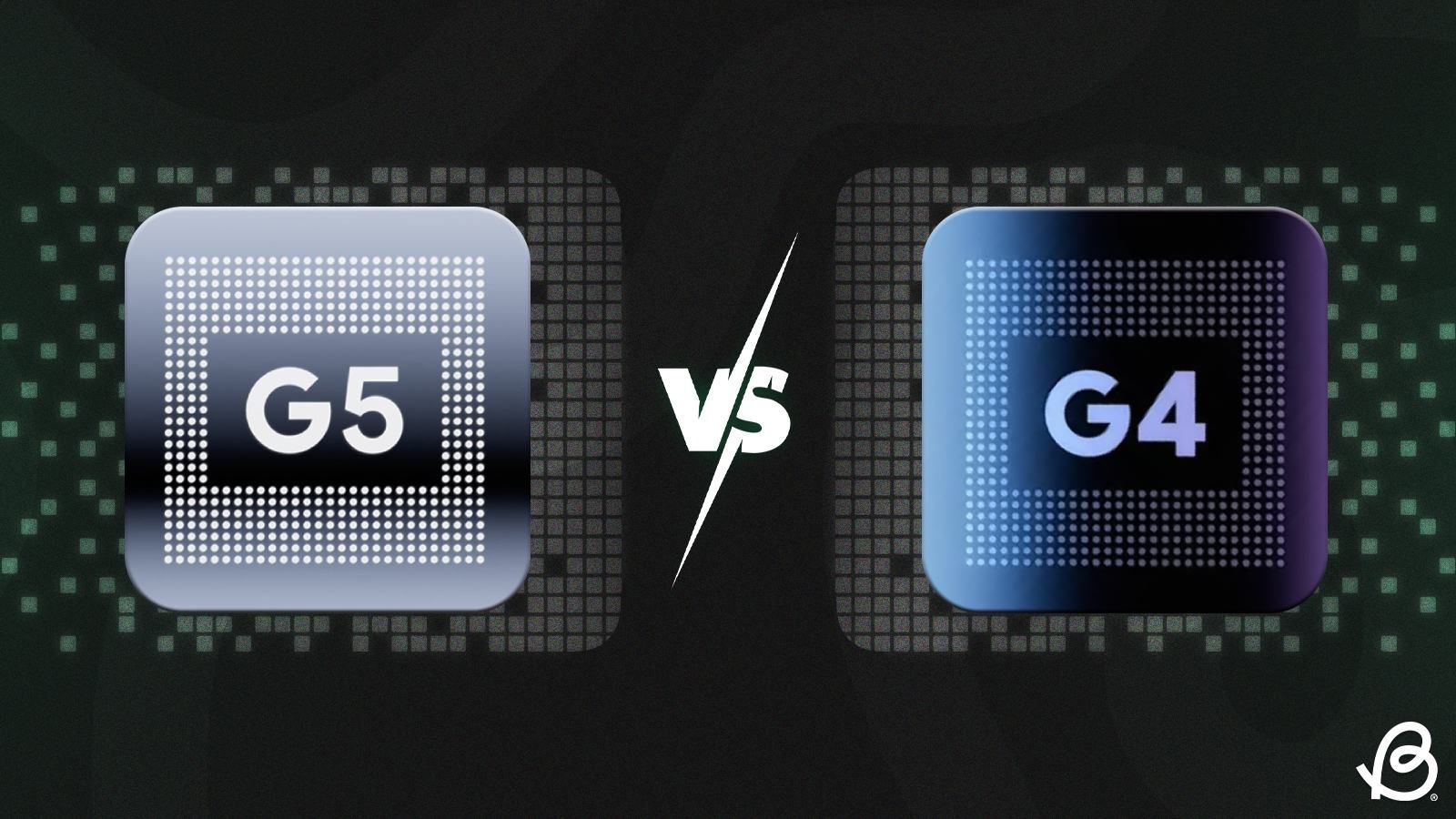

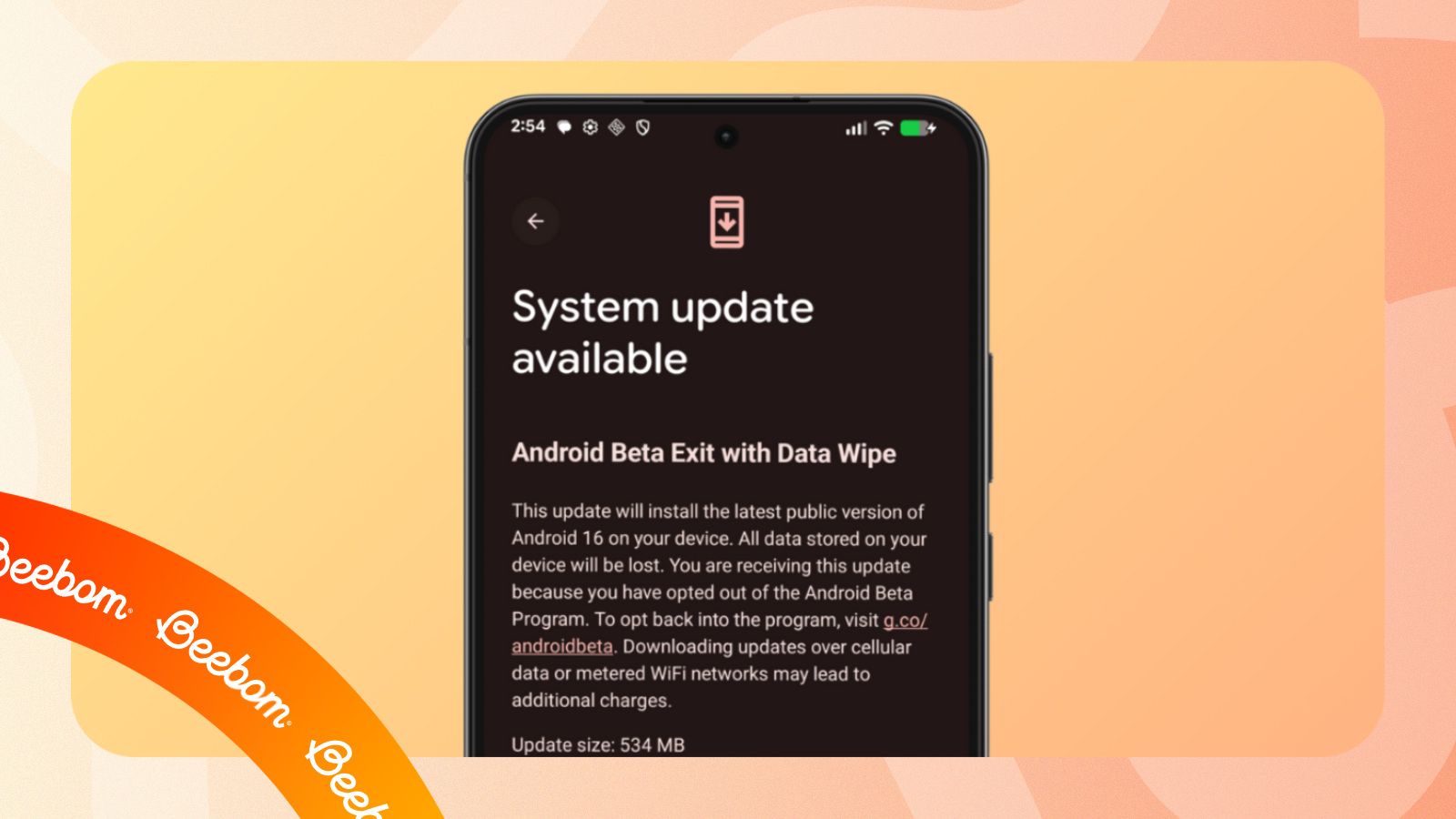

.jpg)
